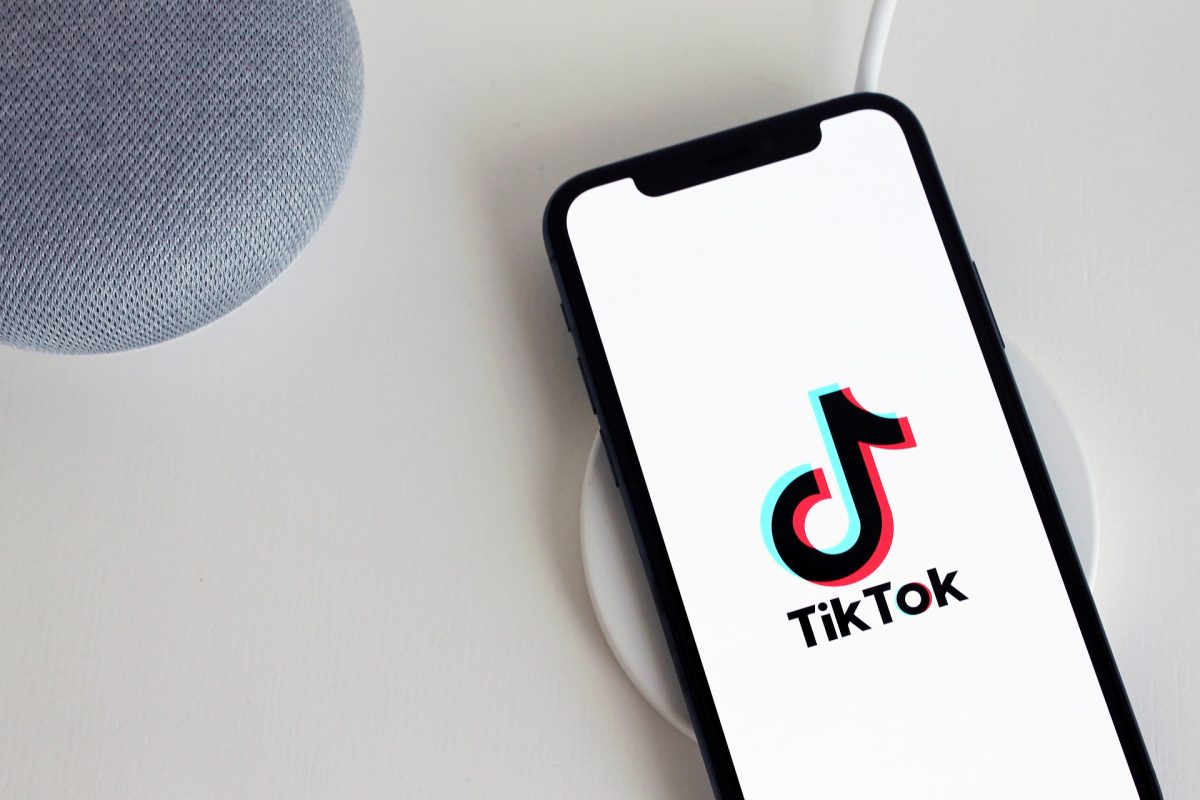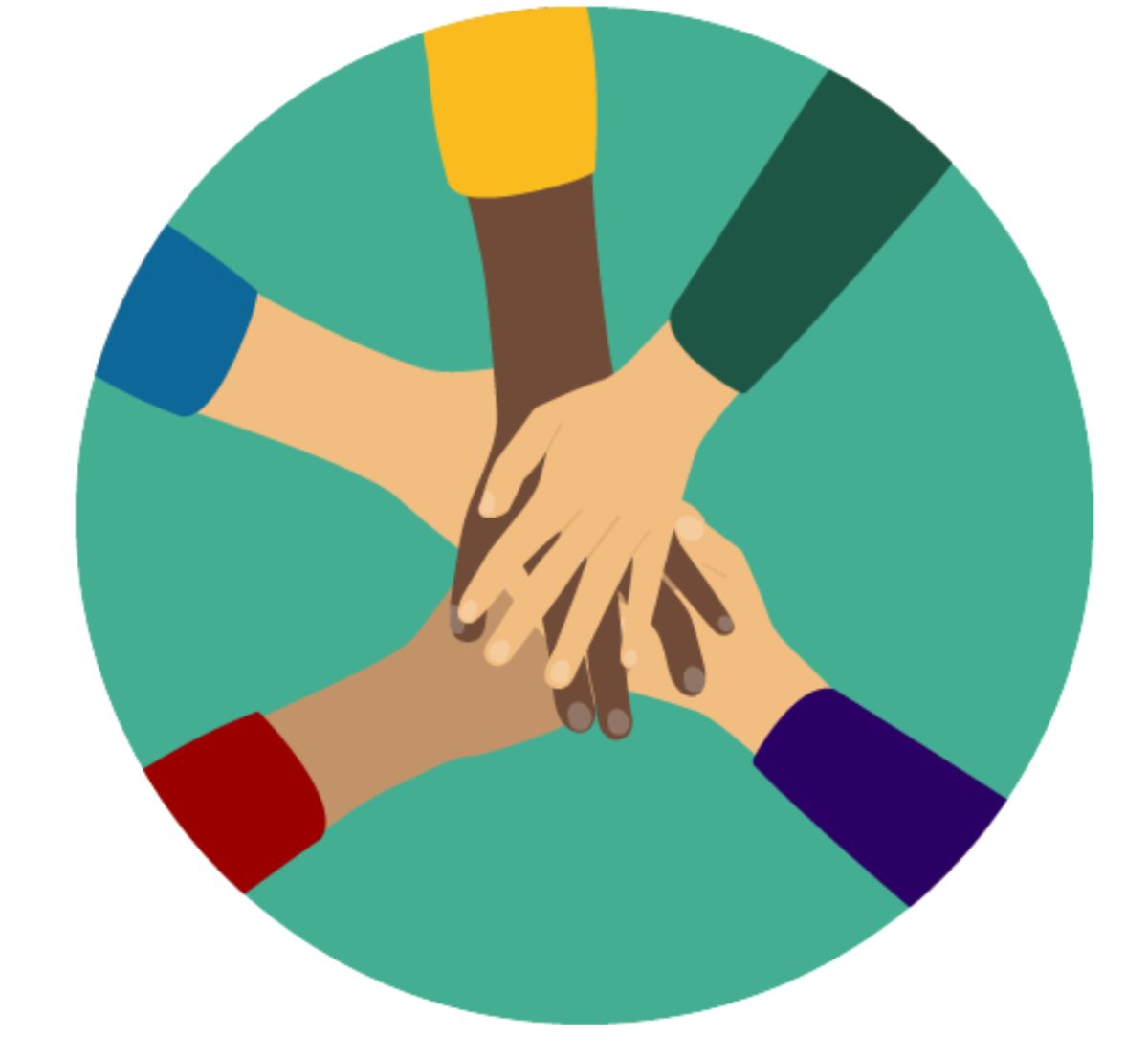The days of endlessly scrolling through your For You Page, tagging your friends in the comment section of a funny video or reposting relatable content may soon come to a close as TikTok faces a potential ban in the U.S.
This past March, momentum in Congress grew for a bill that would effectively ban TikTok or force its parent company, ByteDance, to sell TikTok to a non-Chinese owner. A month later, President Biden signed the bill as part of the Protecting Americans from Foreign Adversary Controlled Applications Act, granting TikTok a 270-day time frame (ending on Jan. 19) to be sold to a new company. If it fails to do so within that time, only then would the ban be imposed.
Just days after the enactment of that law, TikTok filed numerous lawsuits against the U.S. government, arguing that the law violated its company’s and its users’ First Amendment rights and due process protections.
To TikTok’s dismay, the U.S. government has remained steadfast in its position, prioritizing foreign security threats over TikTok’s rights. As of Dec. 6, the U.S. Court of Appeals for the D.C. Circuit declined TikTok’s request to temporarily pause the impending ban.
TikTok can still file an appeal to the Supreme Court, but it is uncertain whether the justices will take on the case or if a decision could be reached by Jan. 19, further increasing the likelihood of the ban.
Another considerable detail is that President-elect Donald Trump will begin his term a day after the ban and could potentially side with TikTok. During his first term, Trump considered a TikTok ban as retaliation for China’s mishandling of the COVID-19 pandemic; however, recent news suggests he will attempt to reverse the ban once in office. Lobbying Congress to repeal the law seems unlikely to be successful since he would need approval from both houses, and the legislation has bipartisan support. However, Trump could also direct his Department of Justice not to enforce the ban or possibly persuade TikTok to divest from ByteDance. If TikTok shows it has begun the divestment process before Jan. 19, either President Joe Biden or Trump could grant a 90-day extension on the ban.
If the ban were to take effect, it would prohibit companies like Apple and Google, which control U.S. app stores, from allowing TikTok to be downloaded. It would also restrict Internet service providers like Oracle from facilitating TikTok’s “distribution, maintenance, or updating.” Essentially, the app wouldn’t disappear from your home screen but would eventually become unworkable.
Nonetheless, TikTok’s fate is not yet set in stone and is subject to change, depending on its actions and those of the U.S. government in the coming weeks.















